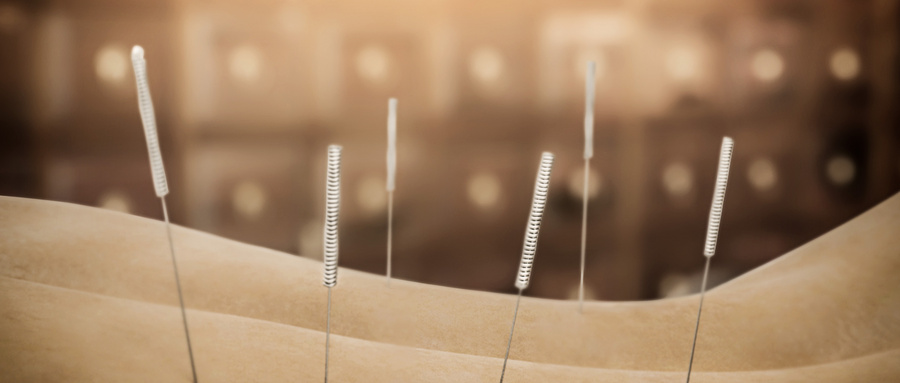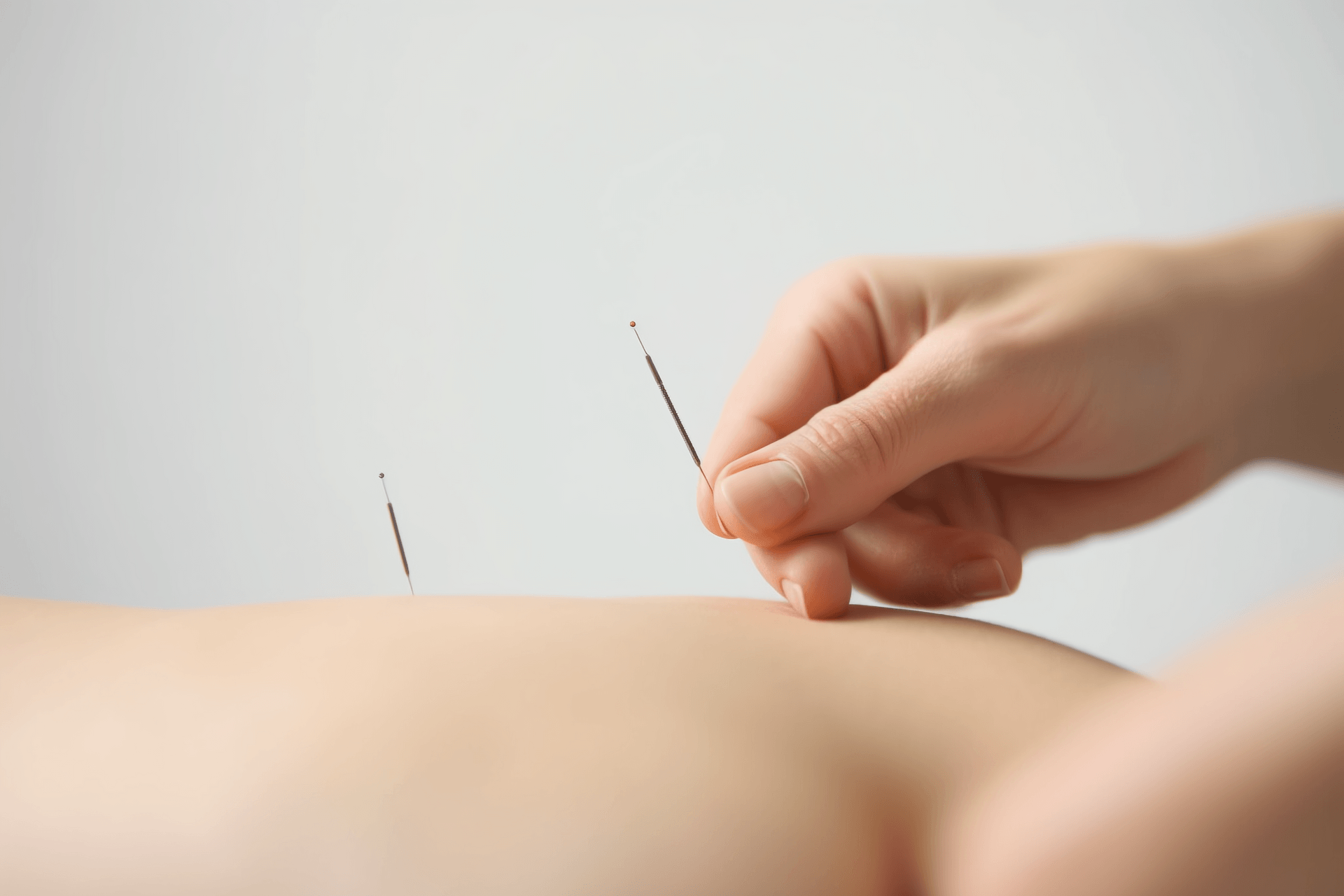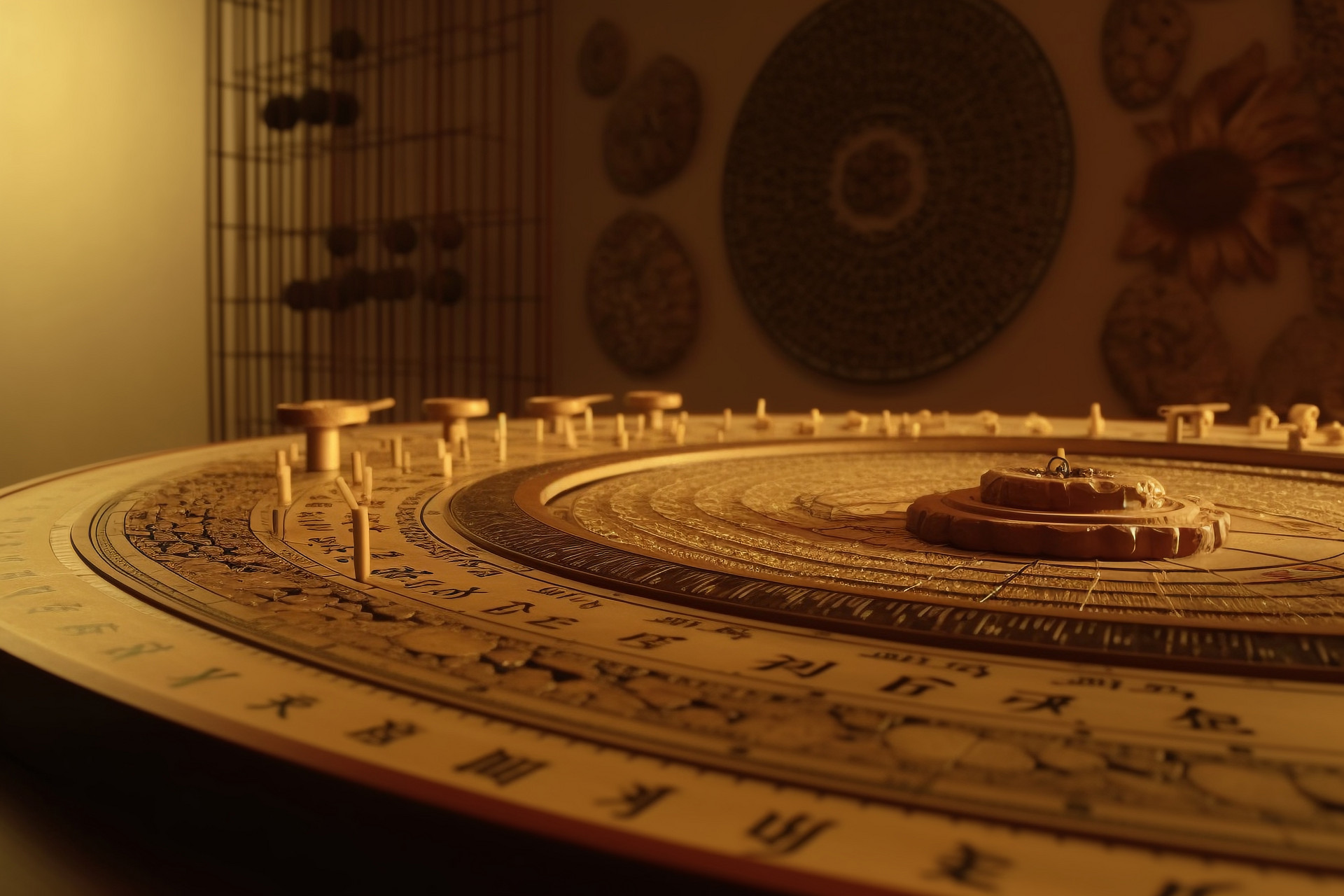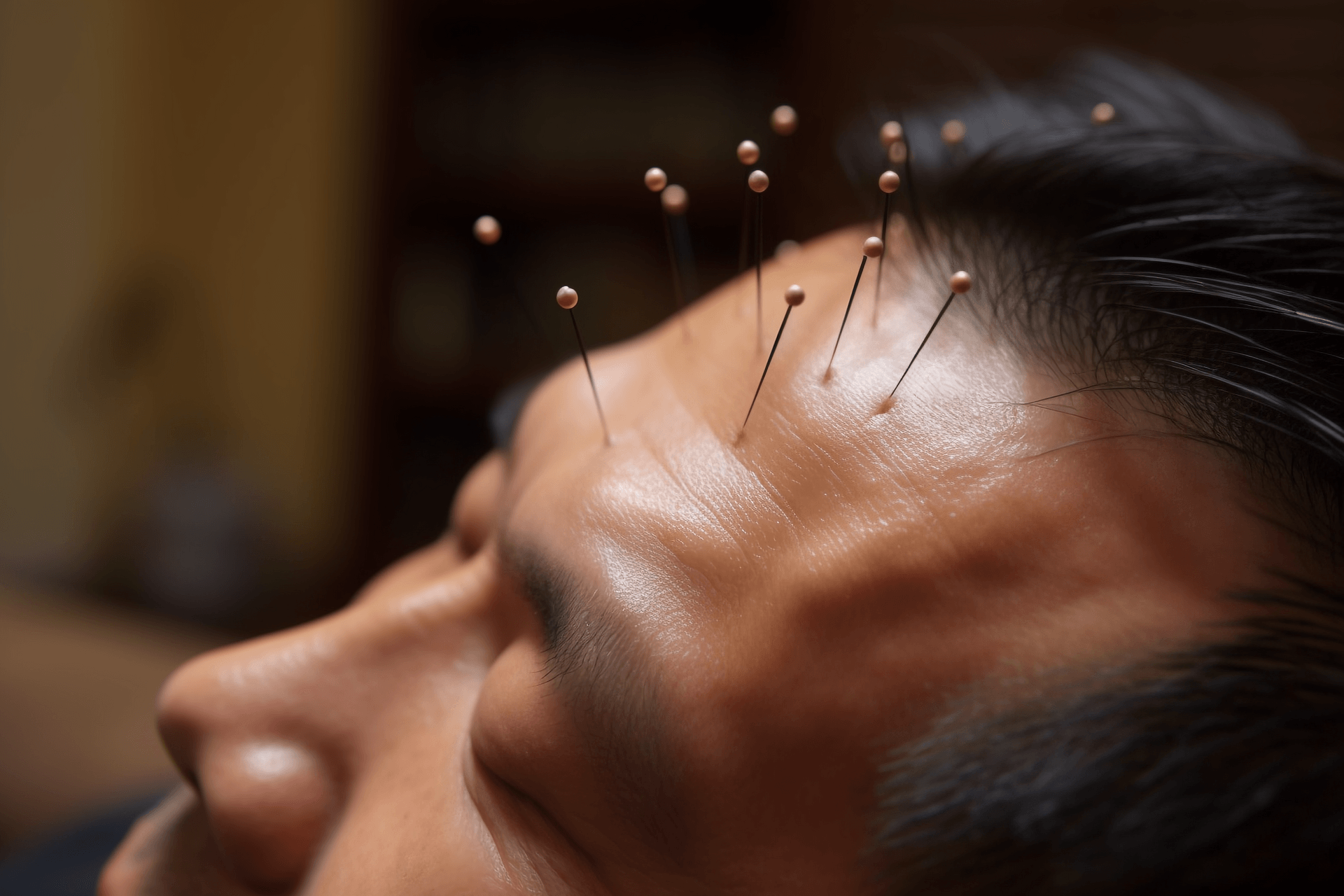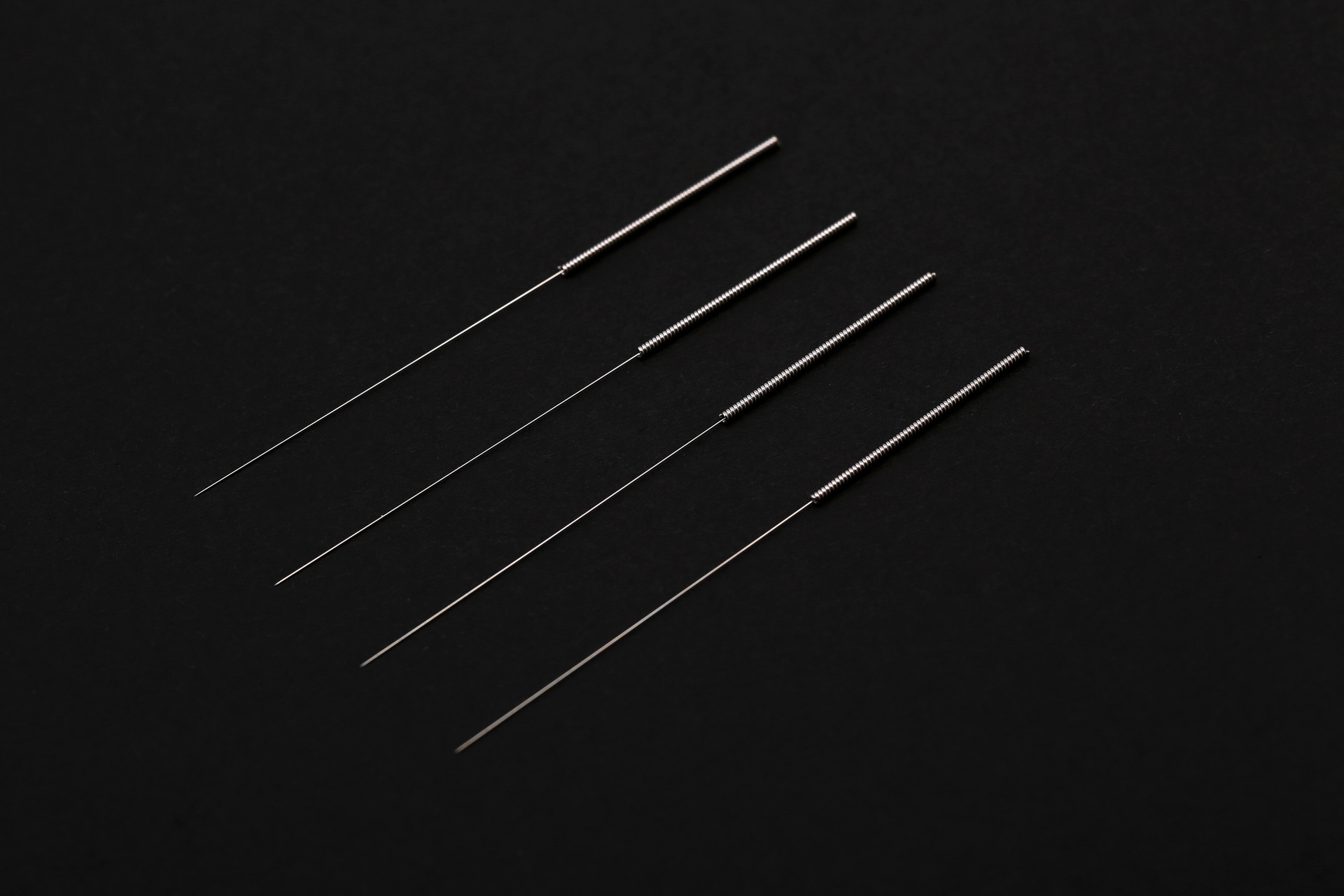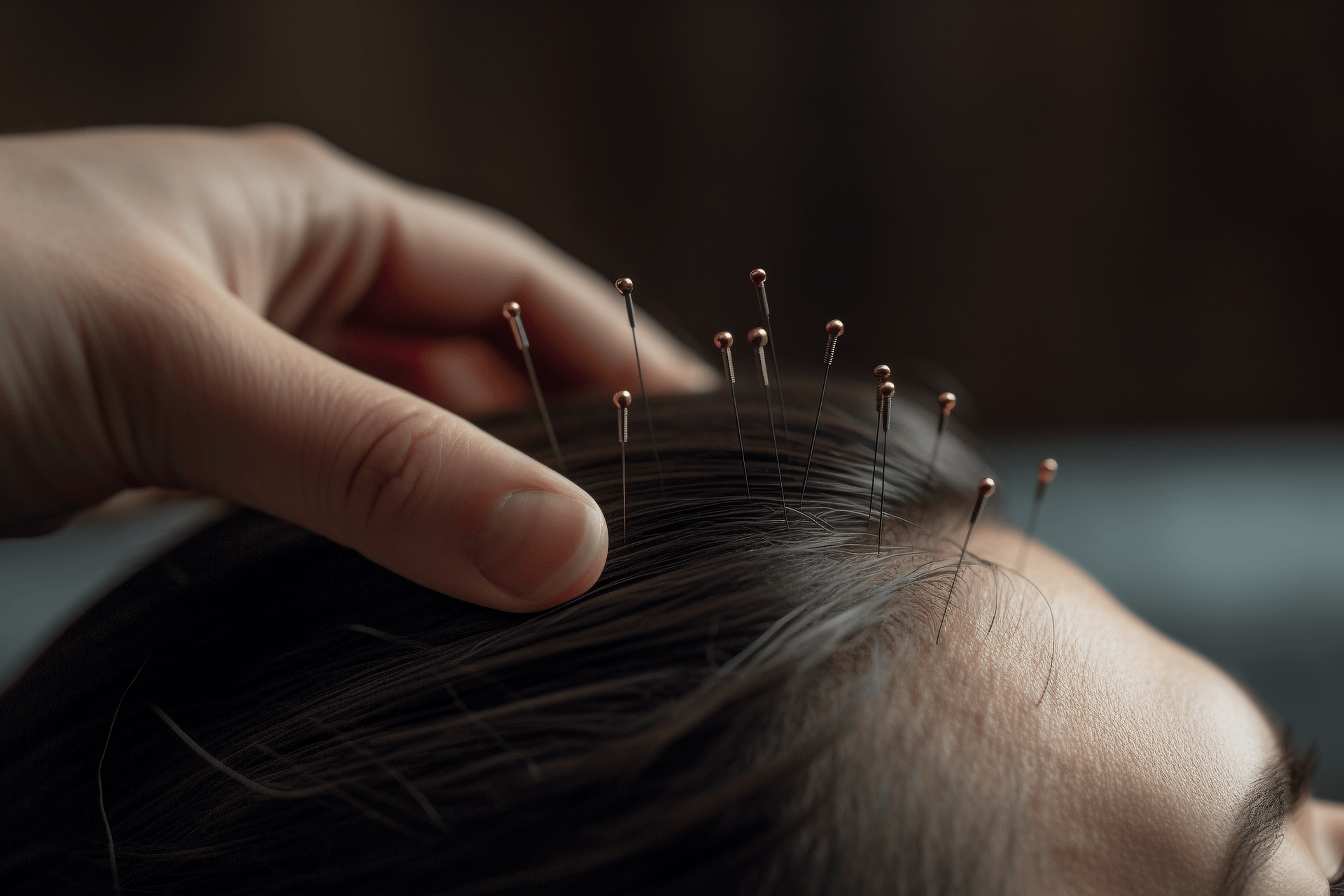Acupuncture is a common method of treatment in traditional Chinese medicine (TCM) and is becoming increasingly popular. There are many benefits to acupuncture, but do you know why acupuncture can treat diseases? Is acupuncture suitable for everyone? What should you do in case of accidents during acupuncture treatment? Let's find out.
Acupuncture is based on the theory of meridians in TCM. However, some people often wonder why acupuncture in China can treat diseases effectively.
Acupuncture is a clinical discipline that uses acupuncture and moxibustion to prevent and treat diseases based on the guidance of TCM theory. It is an important part of TCM and has been widely welcomed by the people for thousands of years. Acupuncture has the advantages of wide adaptability, significant therapeutic effects, convenient operation, and economic safety.
The difference between acupuncture treatment and TCM lies only in the different treatment methods - one uses medicine and the other uses acupoints.
In addition to the basic theories of TCM, acupuncture also has its own unique theory of meridians. Meridians are pathways through which the qi and blood of the human body circulate, connecting the internal organs, communicating internally and externally, and running through the upper and lower parts of the body. The specific locations where the qi and blood of the meridians and internal organs are transmitted to the body surface are called acupoints. After observing and diagnosing the patient, the doctor determines the principles, methods, prescriptions, and specific acupuncture techniques based on the syndrome differentiation in order to achieve the effects of harmonizing yin and yang, strengthening the body, dispelling pathogenic factors, and promoting the circulation of meridians, thereby helping the patient recover.
So, what are the specific functions of acupuncture? Let's take a closer look.
Treatment Effects of Acupuncture
(1) Analgesic effect
1. Peripheral nerve effect
2. Central nervous system effect
3. Spinal cord level effect
4. Thalamus level effect
5. Cerebral cortex level effect
6. Neurotransmitter effect
(2) Regulation of various systems in the body
1. Acupuncture can regulate the cardiovascular system.
2. Acupuncture has a bidirectional regulatory effect on blood pressure.
3. Acupuncture can treat respiratory diseases.
4. Acupuncture has a significant regulatory effect on the digestive system.
5. Acupuncture can regulate kidney and bladder function.
6. Acupuncture can regulate uterine function.
7. Acupuncture also has a regulatory effect on the nervous system.
8. Acupuncture can regulate blood composition.


